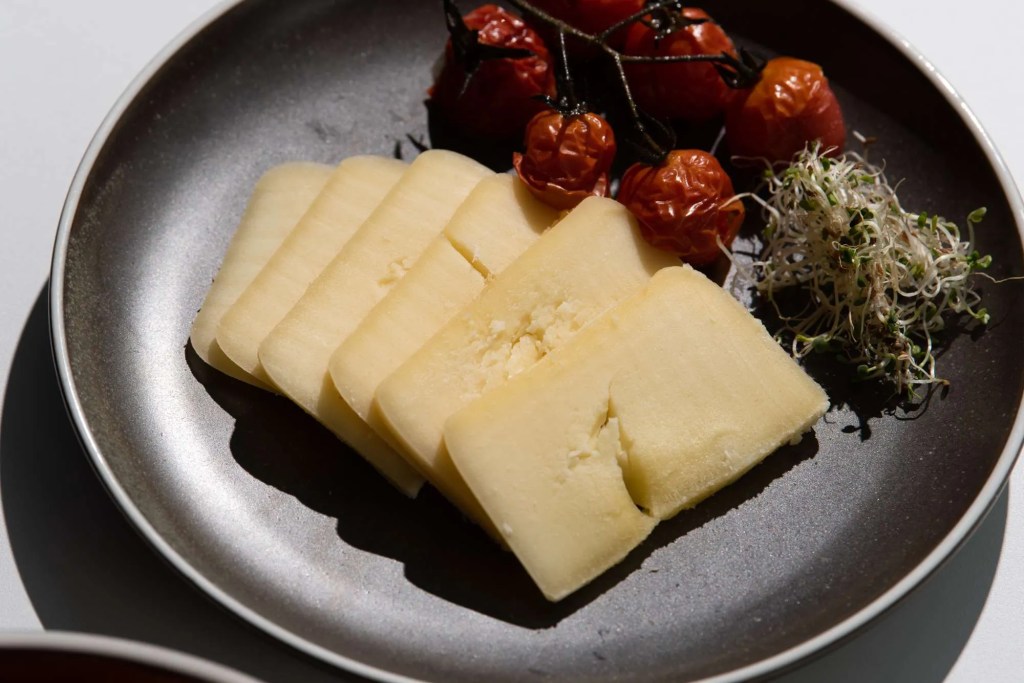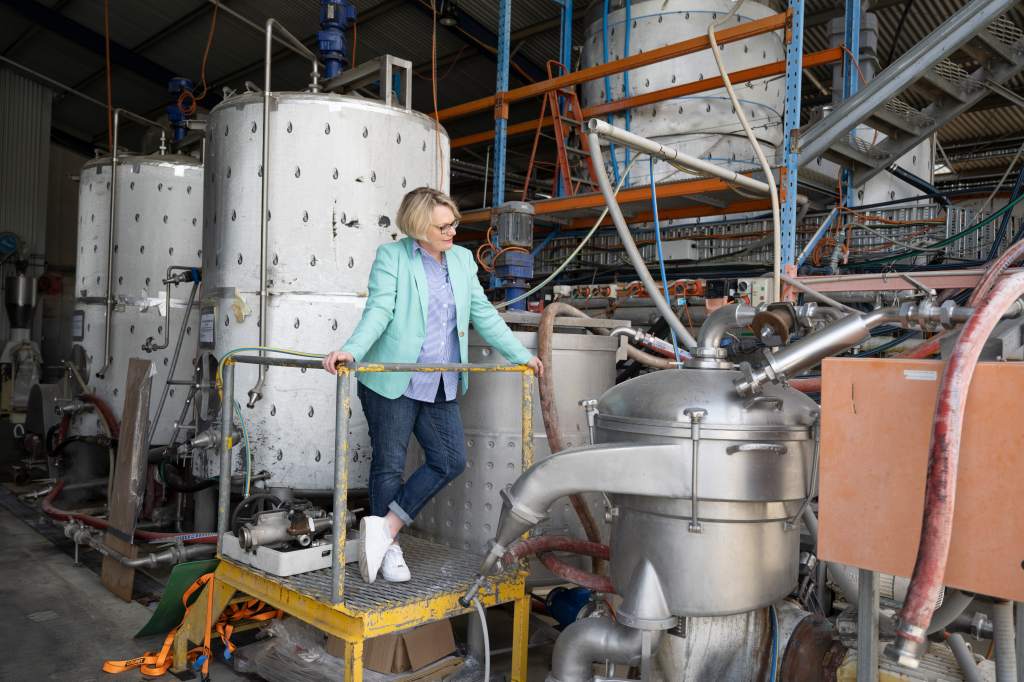The EU recently announced that it will invest €50 million in 2024 to assist precision fermentation start-ups to scale up their alternative proteins production.
The investment – which will be made through the European Innovation Council (EIC) Work Programme 2024 – aims to “improve the sustainability, efficiency, and resilience of the European food supply chain” as well as support the development of “viable alternatives that complement agriculture”.
Precision fermentation is a process using organisms such as yeast or bacteria to produce animal proteins that provide the protein count, taste, and texture of animal products to foods like meat, dairy products, or eggs without the use of actual animals.
As highlighted by the EU, the goal of precision fermentation is to produce these foods using existing agricultural sidestreams without putting additional pressure on resources such as land and water.
Acacia Smith, senior policy manager at the Good Food Institute Europe said: “It’s excellent that the EIC has recognised precision fermentation’s game-changing potential to feed Europe’s growing population, improve public health and reduce our reliance on imports.
“It’s also very welcome that this funding aims to develop new ways of scaling up production – tackling Europe’s lack of infrastructure – and to look at other critical areas such as consumer acceptance, regulatory approval and supporting the entry of these foods into the European market.”

EU member states putting blocks on cell ag
The EU’s announcement comes at a particularly controversial time for the industry when countries across Europe are either pressing ahead with cellular agriculture innovation or setting legislation to restrict it.
In moves contrary to the EU, member states France and Italy are aiming to curtail their respective cell ag industries, France’s parliament proposing a ban on all cultivated meat products and Italy already passing such legislation.
A recent report from European Biotechnology cited rumours that the governments of both Croatia and Austria were also considering similar actions.
The government pushback against cultivated meat products in France and Italy stems from a perceived threat to the countries’ traditional agricultural industries and food cultures.

In Australia, meanwhile, the precision fermentation industry has to date relied primarily on private investment – prominent local start-ups like Eden Brew and Cauldron recently announced raises of $25 million and $10.5 million, respectively, to scale their processes and complete patent applications.
In the case of Eden Brew, the funding came from a combination of venture capital along with individual investments from prominent celebrities from the country’s music and sports industries.
To stay up-to-date on the latest industry headlines, sign up to Future Alternative’s enewsletter.
Posted on:


